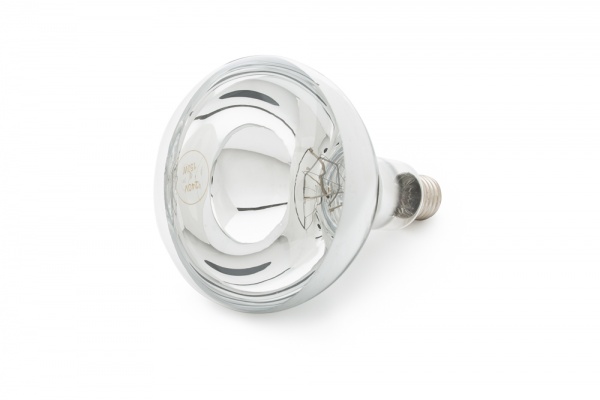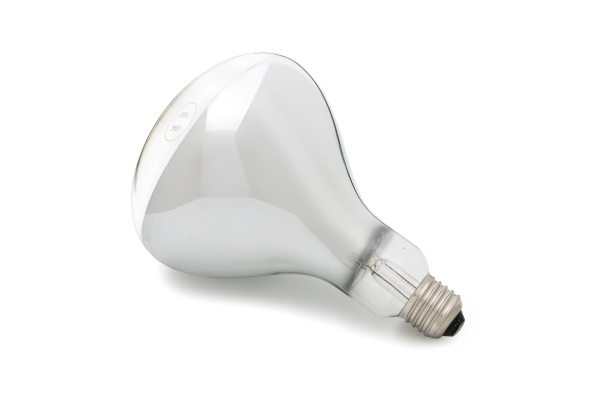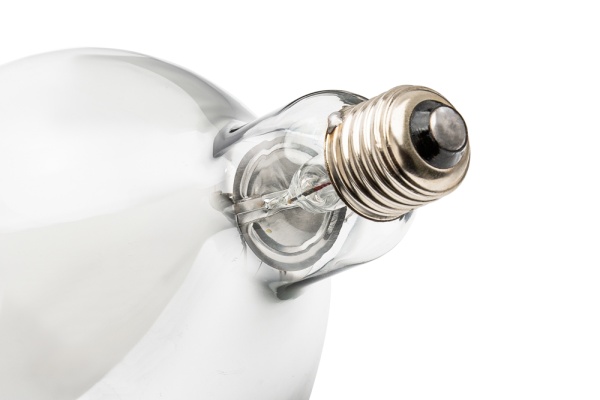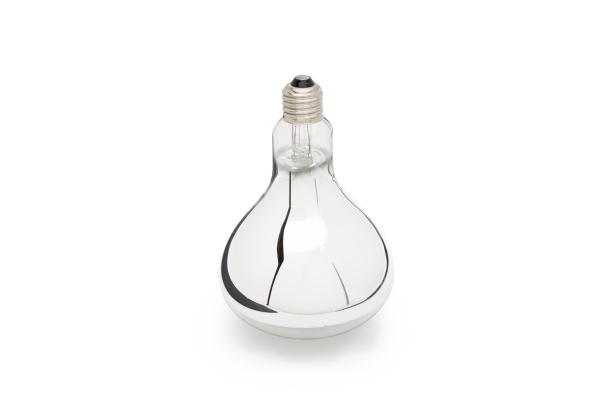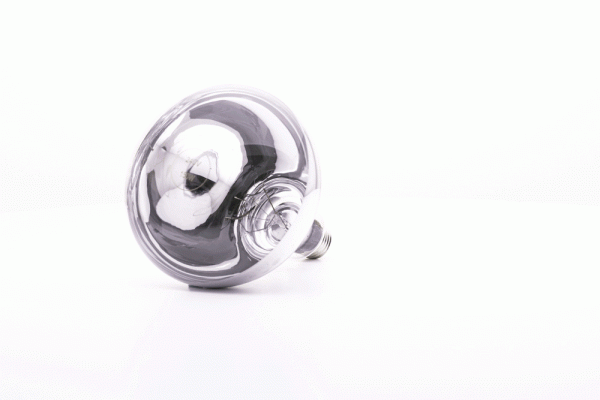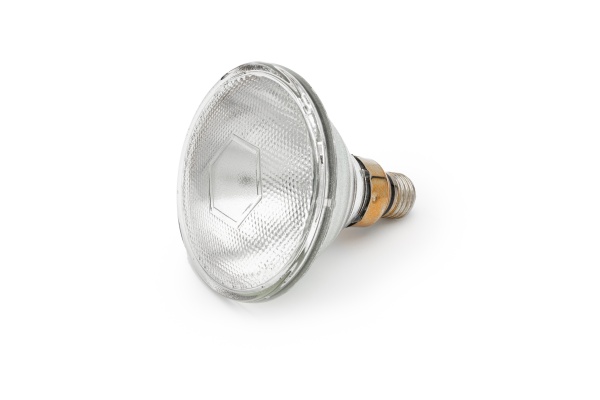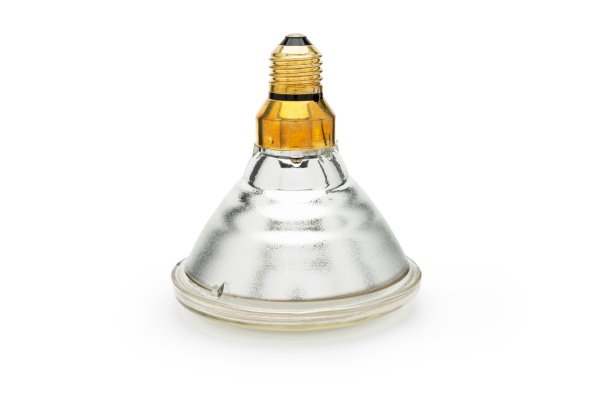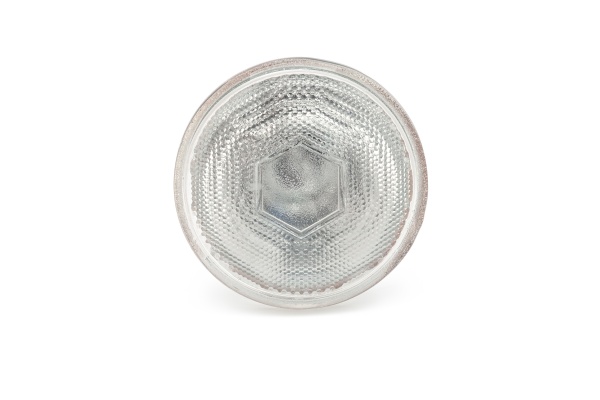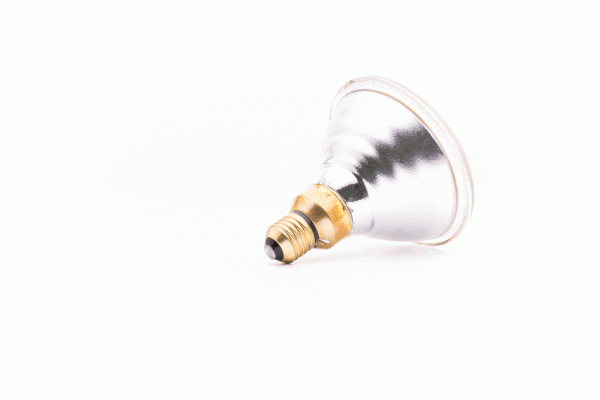Caring for reptiles, pigs, and chickens requires specific knowledge and attention to ensure the health and well-being of your animals. Here are some tips and advice to help you with their care:
Reptiles:
1. Proper Housing: Provide a suitable enclosure that mimics their natural habitat. Research the specific needs of your reptile, including temperature, lighting, humidity, and substrate.
2. Diet: Feed your reptile a balanced diet consisting of live insects, fruits, and vegetables. Adjust their diet as they grow and research the specific dietary requirements of your reptile species.
3. Hydration: Ensure a constant supply of clean, fresh water for your reptile. Some reptiles may prefer to drink from water bowls, while others may benefit from regular misting or soaking.
4. Environmental Enrichment: Offer appropriate hiding spots, climbing materials, and diverse objects in the enclosure to allow your reptile to exhibit natural behaviors.
5. Veterinary Care: Regular check-ups are essential to detect any potential health issues. Find a reptile-savvy veterinarian who can provide proper care and advice.
Pigs:
1. Shelter and Space: Pigs need adequate shelter to protect them from extreme weather conditions. They should have enough space to roam freely and express natural behaviors.
2. Diet: Feed your pig a balanced diet that includes commercial pig feed, fresh vegetables, and fruits. Avoid feeding them foods that are toxic to pigs, such as chocolate or onions.
3. Exercise: Pigs are active animals and require regular exercise. Allow them to roam outdoors in a secure area or provide them with enough space indoors to move around.
4. Hygiene: Keep their living area clean and well-maintained. Pigs are relatively clean animals, but regular clean-ups and proper waste management are essential.
5. Veterinary Care: Schedule regular veterinary check-ups to ensure your pig's health is monitored. Vaccinations, deworming, and preventive care are important to keep them healthy.
Chickens:
1. Housing: Provide a secure and spacious coop that protects them from predators, drafts, and extreme weather. Allow them enough space to roam outside the coop during the day.
2. Diet: Feed your chickens a balanced diet consisting of commercial chicken feed, grains, vegetables, and calcium supplements. Offer fresh water at all times.
3. Safety: Protect your chickens from predators by securing the coop with appropriate fencing. Regularly inspect the coop for signs of damage or weakness.
4. Egg Collection: Collect eggs daily to maintain their freshness. Provide clean nesting areas and boxes to encourage proper egg-laying behavior.
5. Health Care: Monitor your chickens for signs of illness, parasites, or injuries. Consult a poultry veterinarian if you notice any health concerns.
Remember, it's essential to research and understand the specific needs of each species you're caring for. Providing a suitable environment, a balanced diet, and regular veterinary care will help keep your reptiles, pigs, and chickens healthy and happy.

